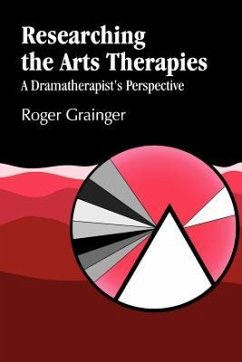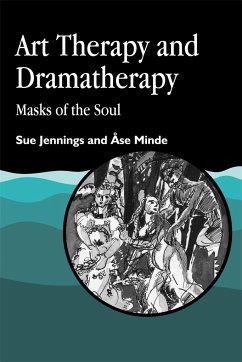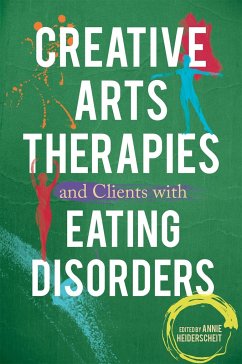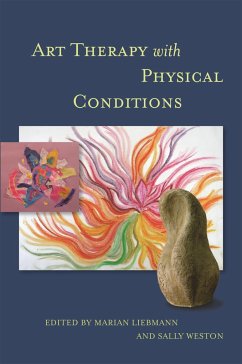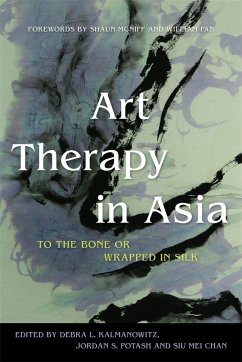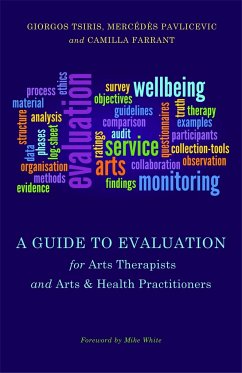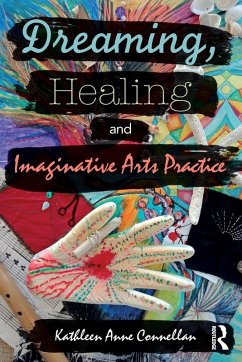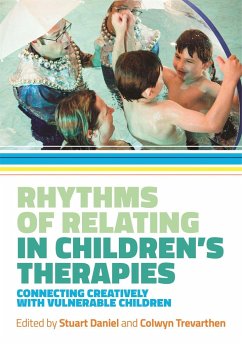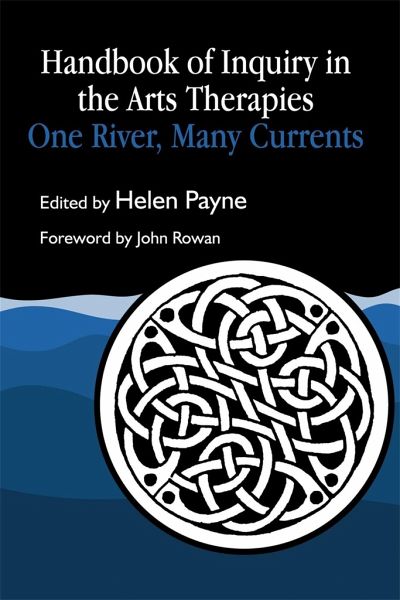
Handbook of Inquiry in the Arts Therapies
One River, Many Currents
Herausgeber: Payne, Helen
Versandkostenfrei!
Versandfertig in über 4 Wochen
48,99 €
inkl. MwSt.

PAYBACK Punkte
24 °P sammeln!
The first book to embrace all the arts therapies, this is a ground-breaking examination of the effects of arts therapies interventions in health, education, community and social services settings. It is written by specialists addressing themes which are relevant to all arts therapists exploring the relationship between research and practice.



